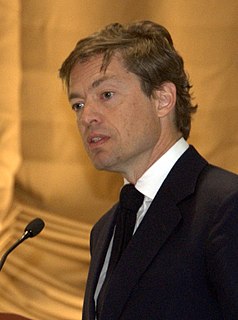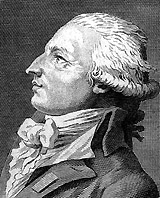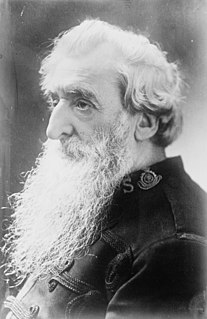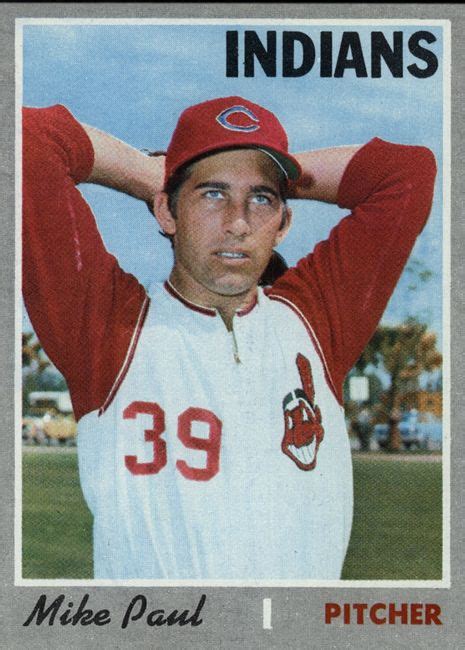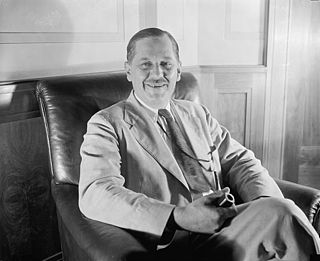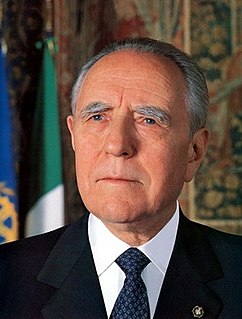A Quote by Nicolas Berggruen
Commodity exchanges have a lot of advantages. One, you are helping transparency. Two, they are not political. It's institutional building. It can survive any environment, in theory.
Related Quotes
I'm a huge proponent of exchanges, student exchanges, cultural exchanges, university exchanges. We talk a lot about public diplomacy, .. It's extremely important that we get our message out, but it's also the case that we should not have a monologue with other people. It has to be a conversation, and you can't do that without exchanges and openness.
Society is purely and solely a continual series of exchanges... And the greatest eulogy we can give it, for exchange is an admirable transaction, in which two contracting parties always both gain; consequently, society is an uninterrupted succession of advantages, unceasingly renewed for all its members.
Environmental history was . . . born out of a moral purpose, with strong political commitments behind it, but also became, as it matured, a scholarly enterprise that had neither any simple, nor any single, moral or political agenda to promote. Its principal goal became one of deepening our understanding of how humans have been affected by their natural environment through time and, conversely, how they have affected that environment and with what results.
Doing a 'Star Wars' TV show could be prohibitively expensive because 'Star Wars' requires a lot of prop building and a lot of character building, so we wanted to - with ILM's help - be able to make it a financially viable option to solve all the problems that you have with shooting a blue screen environment.
The US has developed two coordinate governing classes: the one, called 'business,' building cities, manufacturing and distributing goods, and holding complete and autocratic power over the livelihood of millions; the other, called 'government,' concerned with preaching and exemplification of spiritual ideals, so caught in a mass of theory, that when it wished to move in a practical world it had to do so by means of a sub rosa political machine.
